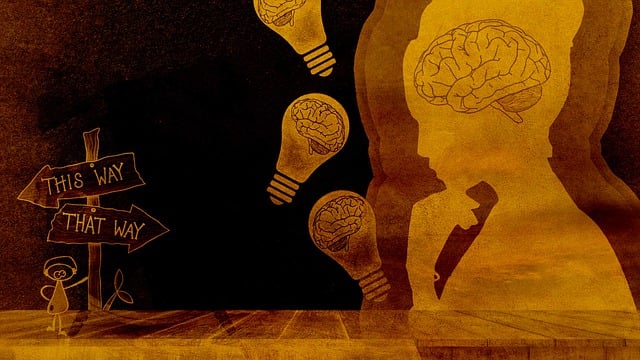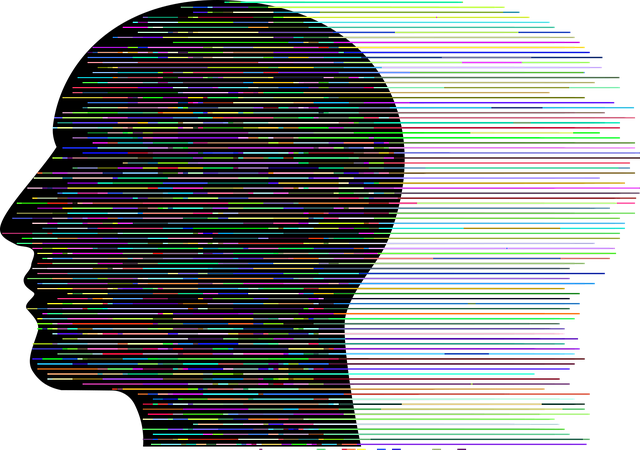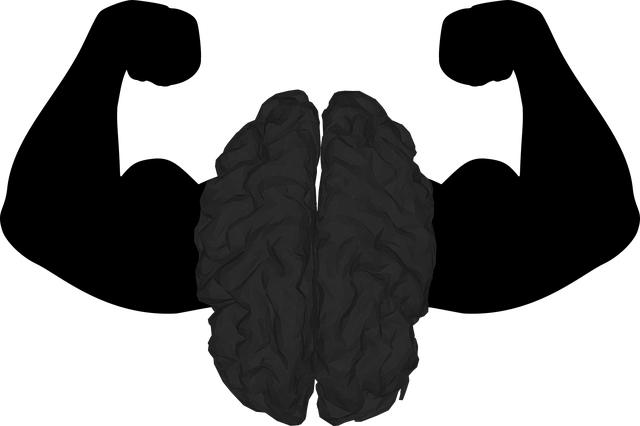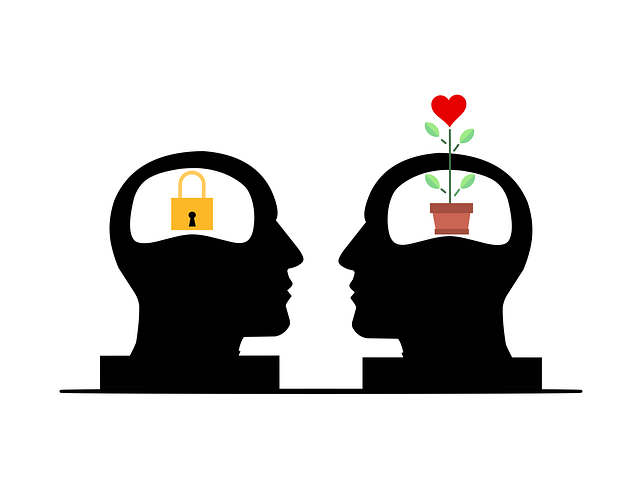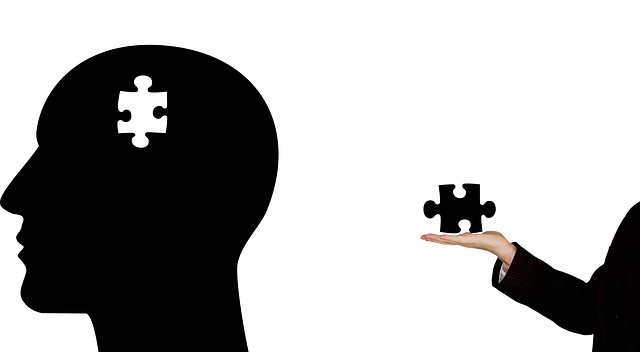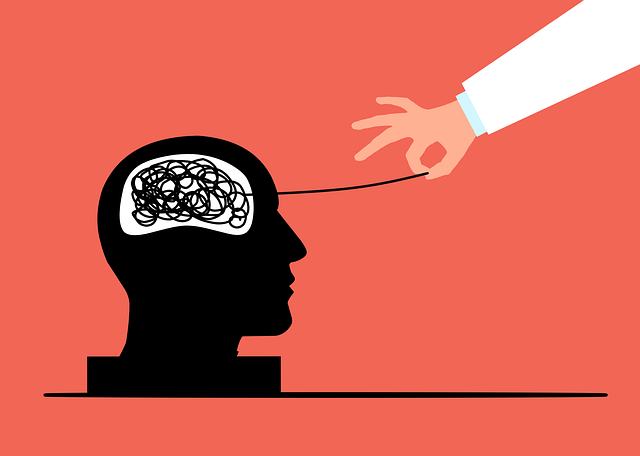Mental health diagnosis for adolescents presents unique challenges, including fluctuating emotions, stigma, and language barriers. Bilingual therapy offers a game-changing approach, fostering open communication, accurate assessments, and tailored treatments for culturally diverse teens. This enhances access to care, promotes positive thinking, and effective stress management, addressing the needs of vulnerable populations. By offering services in multiple languages, therapists create safe environments encouraging honest expression. Bilingual therapy is crucial for shaping inclusive practices advocated by Mental Health Policy Analysis and Advocacy, ensuring equitable access and catering to diverse populations' specific needs. Innovations like online therapy platforms further enhance diagnostic accuracy and accessibility for adolescents facing barriers.
Mental illness diagnosis accuracy is paramount in ensuring effective treatment for adolescents. This article explores critical challenges unique to diagnosing mental health conditions in teens, focusing on the role of bilingual assessment and therapy. We delve into innovative approaches aimed at enhancing diagnostic accuracy, providing valuable strategies for caregivers and professionals supporting adolescent well-being. By understanding these efforts, we can improve outcomes for young people, especially those from diverse linguistic backgrounds, through tailored care like bilingual therapy.
- Understanding Mental Health Diagnosis Challenges for Adolescents
- The Impact of Bilingual Assessment and Therapy
- Innovative Approaches to Enhance Diagnostic Accuracy
- Supporting Teens: Effective Strategies for Caregivers and Professionals
Understanding Mental Health Diagnosis Challenges for Adolescents

Mental health diagnosis for adolescents presents unique challenges due to several factors. Firstly, teens often experience a wide range of emotional and behavioral changes as they navigate through various developmental stages. This can make it difficult to distinguish between normal adolescent volatility and potential mental health conditions. Moreover, young people might be reluctant to discuss their feelings or seek help, sometimes due to stigma, fear, or lack of trust in authority figures.
Bilingual therapy for adolescent teens is a crucial approach to addressing these challenges. Effective communication fosters a safe space for teens to express themselves honestly. By providing services in multiple languages, mental health professionals can better connect with culturally diverse adolescents, ensuring more accurate assessments and tailored treatments. This method also strengthens access to care, as language barriers are removed, promoting positive thinking and effective stress management among this vulnerable population. In light of these efforts, Mental Health Policy Analysis and Advocacy plays a vital role in shaping inclusive practices that support adolescent mental health.
The Impact of Bilingual Assessment and Therapy

The field of mental health has recognized the significant benefits of incorporating bilingual assessment and therapy, especially in communities with diverse linguistic backgrounds. For adolescent teens, this approach can significantly impact their overall well-being. By offering services in multiple languages, therapists create a safe and comfortable environment, fostering open communication. This is crucial for accurate diagnoses as it allows professionals to understand cultural nuances, family dynamics, and unique personal experiences that might influence mental health outcomes.
Bilingual therapy has been shown to enhance resilience building among teens, which is essential in preventing burnout, especially when navigating complex mental health challenges. In the context of Mental Health Policy Analysis and Advocacy, promoting bilingual assessment ensures equitable access to care for all adolescents, regardless of their language skills. This inclusive practice not only improves diagnosis accuracy but also contributes to shaping more comprehensive mental health policies that address the specific needs of diverse populations.
Innovative Approaches to Enhance Diagnostic Accuracy

In recent years, the mental health community has seen a surge in innovative approaches to enhance diagnostic accuracy, particularly focusing on therapy for adolescent teens and bilingual populations. One such method is integrating technology with traditional therapy techniques. For example, digital platforms offering online therapy sessions cater to adolescents who may face barriers in accessing in-person services. These platforms often incorporate interactive tools and self-care routines development for better mental health, thereby improving engagement and outcome measurement.
Additionally, training healthcare providers on stress reduction methods and burnout prevention strategies is crucial. Given the high prevalence of mental illness among teens and the linguistic challenges faced by bilingual individuals, accurate diagnosis can be complex. By equipping professionals with tools to manage their own well-being—a key aspect in maintaining a clear and empathetic perspective—and providing resources for effective communication with diverse patient groups, we can ensure more precise and culturally sensitive assessments.
Supporting Teens: Effective Strategies for Caregivers and Professionals

Supporting teens with mental illness requires a tailored approach that addresses their unique needs and challenges. Caregivers and professionals play a pivotal role in this process by employing effective strategies that foster open communication. Bilingual therapy, for instance, offers a safe space for adolescents to express their experiences and emotions in a language they feel most comfortable with, enhancing the accuracy of diagnosis. This approach is particularly crucial given the cultural nuances that can influence how mental health symptoms manifest.
Developing coping skills is another essential component of holistic support. By incorporating culturally sensitive mental healthcare practices, caregivers and professionals can ensure that interventions are aligned with the teen’s background and values. Moreover, cultivating strong communication strategies enables a deeper understanding of the individual’s perspective, leading to more accurate assessments and effective treatment plans. This, in turn, paves the way for improved diagnostic accuracy and enhanced overall well-being for adolescent teens.
Mental illness diagnosis accuracy is a critical aspect of providing effective therapy for adolescent teens, especially within bilingual communities. By understanding the unique challenges faced by adolescents and leveraging innovative approaches like bilingual assessment methods, we can significantly enhance diagnostic accuracy. Caregivers and professionals play a vital role in supporting teens by implementing evidence-based strategies tailored to their needs. This comprehensive approach ensures that adolescent teens receive the appropriate care, ultimately improving their mental health outcomes. Bilingual therapy further emphasizes the importance of cultural sensitivity and accessibility in the pursuit of optimal mental health treatment.
